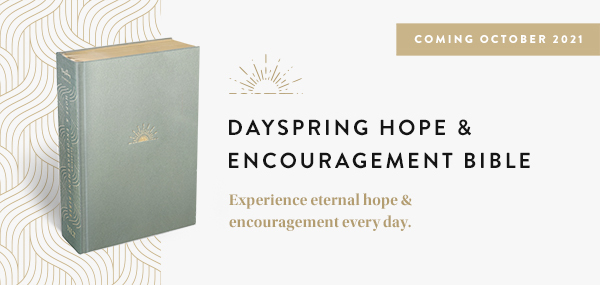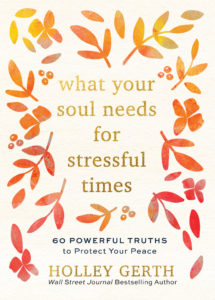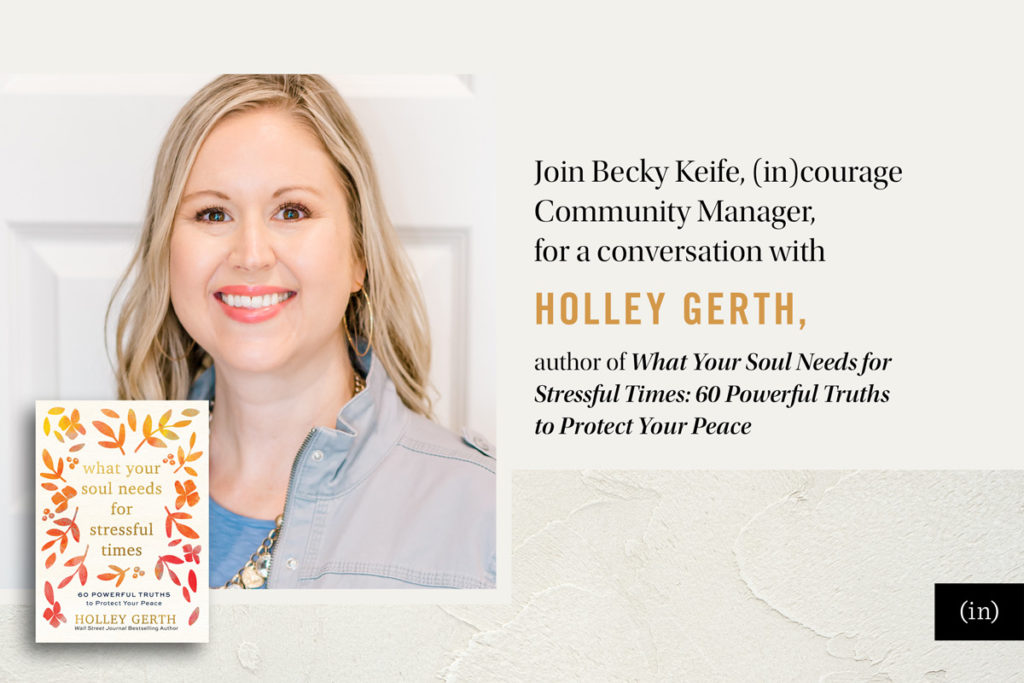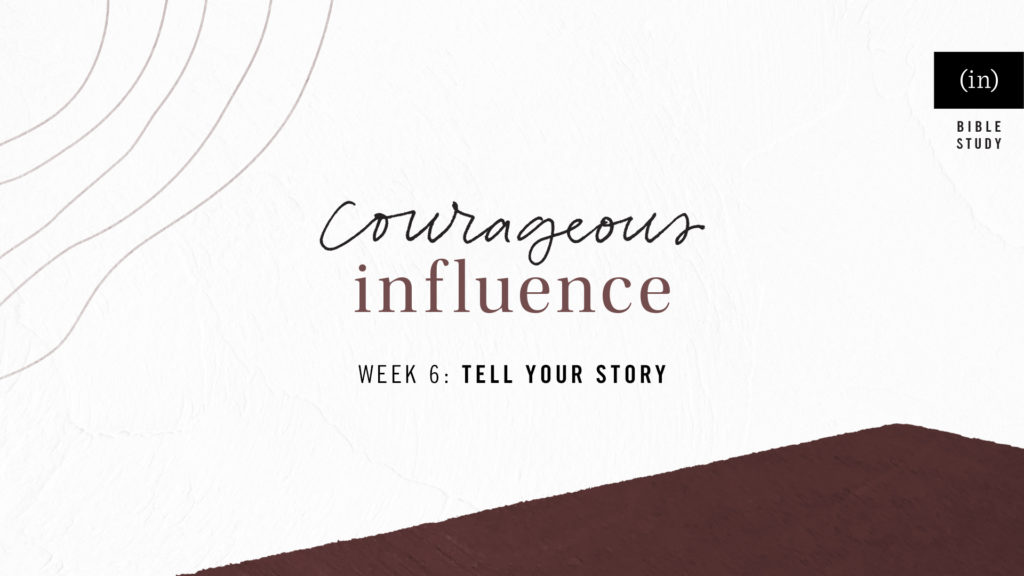So, chosen by God for this new life of love, dress in the wardrobe God picked out for you: compassion, kindness, humility, quiet strength, discipline. Be even-tempered, content with second place, quick to forgive an offense. Forgive as quickly and completely as the Master forgave you. And regardless of what else you put on, wear love. It’s your basic, all-purpose garment. Never be without it.
Colossians 3:12-14 (MSG)
At the first hint of a chill in the air, I’m pulling on socks, cute leather boots, jeans and a sweater. It’s my basic autumn uniform — I suit up in it most days.
I have this one pair of boots — fabulous leather booties with a low heel that look amazing with my favorite jeans. At 8 a.m., I have high hopes for those boots. I keep thinking this will be the day they won’t kill my feet and require swapping them out for flats by 11 a.m.
And each day, I’m so wrong.
It’s disappointing how I can’t wear those boots more than a few hours before my feet call it quits. But while I love a cute pair of shoes, I also love not being in pain, so back into the closet they go by 11 in the morning. Sometimes it’s hard to choose another pair, even though I know the boots are not the best for me. They’re just so cute!
Often more difficult than that morning choice is choosing to pull on the one item Colossians says to be sure to wear: Regardless of what else you put on, wear love (Colossians 3:14 MSG).
It’s your basic, all-purpose garment. Never be without it.
Wearing love? That’s the good, hard, refining, beautiful, difficult, and wearying work of mothering. It’s easier to choose love when the kids are tiny and adorable, when timeouts and suckers fix most problems. But often, there’s nothing easy about choosing to love. Choosing to live out love in our actions, thoughts, and words can be a difficult garment to wear. During the fourteenth round of hide-and-seek. When you’ve asked them seven times to put their shoes on. When it’s just past midnight and they walk in the door late for curfew. When they tell you that they have a Greek-to-English alphabet poster due . . . tomorrow. When the principal calls — again. When you’re just not connecting with your teen. When your grown kids are raising their own kids but not the way you’d do it.
When we pull on love, we can wear it loud and proud. When we pull on love, we can fully know that it won’t let us down by 11:00 am like those darn boots. When we pull on love, we can trust God’s promises. When we pull on love, we’ll be clothed in the richest garment possible.
Maybe today, I’ll wear the slightly-less-cute-but-much-comfier boots. As I pull them up and head downstairs to greet the chaos of the morning, I’ll remember what I’ve chosen to wear first. When I pull on love, choosing to let it guide my steps more faithfully than my cutest boots, the path I take will lead me straight to all the compassion, kindness, humility, gentleness, and patience I need for the day.
Lord, help me choose to wear love today — even when it’s uncomfortable or difficult. Guide and lead me to your path, covering all that I say and do in love. Remind me throughout the day of the holy clothing I chose to put on first, and that those garments will never rip, tear or wrinkle. And help me keep them on past 11 a.m. Amen.
What gets in your way of wearing love? On the days it doesn’t fit quite right, how can you continue to seek compassion, kindness, humility, and quiet strength?
p.s. Do you have a pair of tall boots that fold over while in your closet? Here’s a pro tip: take a foam pool noodle leftover from summer swimming and cut it in half. Stick half of the pool noodle in each boot, zip ’em up, and your boots will stand straight and tall in your closet!


 These three friends spent a few days together as they went through the study, and, lucky us, they recorded their conversations so we can all listen in. Find all the
These three friends spent a few days together as they went through the study, and, lucky us, they recorded their conversations so we can all listen in. Find all the 
 Stress is inevitable but letting it control your life is optional. As a bestselling author, counselor, and life coach, Holley Gerth has learned a lot about dealing with stress and what truly helps.
Stress is inevitable but letting it control your life is optional. As a bestselling author, counselor, and life coach, Holley Gerth has learned a lot about dealing with stress and what truly helps. 
